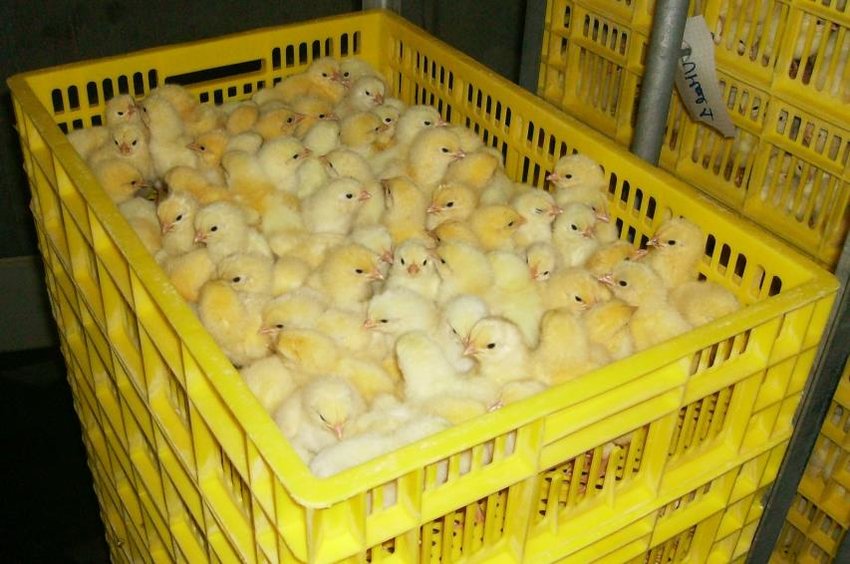Poultry farmers warned against use of ARVs on chickens
Experts have warned poultry farmers to stop using antiretroviral drugs (ARVs) and
steroids to fast-track the growth of chickens and make quick money.
Such drug abuse is causing anti-microbial resistance (AMR) which is affecting human
lives health, plants and animals.
This came out during a recent media tour in Manicaland organised by Food and
Agriculture Organisation (FAO) and World Health Organisation (WHO) meant to assess
the impact of AMR in poultry in Zimbabwe.
AMR occurs when germs that cause disease or infection in humans and animals, change
and become resistant to antimicrobial medicines used for treatment. It is mainly caused
by the overuse and misuse of medicines in humans and animals.
Veterinary extension supervisor for Odzi Inspectorate Ms Cathrine Sakupwanya said that
although they are educating farmers on the dangers, some were still using ARVs, steroids
to boost production and make quick money.
“Some farmers are using ARVs, corticosteroids on chickens to assist in the fast
development of big muscles.
“Unfortunately, unsuspecting buyers prefer the ‘huge chickens’ as compared to those
that have been nurtured in the correct way and have a standard weight,” said Ms
Sakupwanya.
She said although there are hybrid chickens, these are different from the ones being fed
human drugs.
Ms Sakupwanya said some farmers were inappropriately administering medicines meant
for humans to livestock to quickly recover from ailments due to lack of sufficient
knowledge.
Most farmers shun visiting veterinary offices in their respective areas but often prefer to
visit agro-shops where they are sometimes misguided.
“When livestock falls sick, most farmers rush to agro-shops instead of informing
veterinary authorities for proper diagnosis and prescriptions,” she said.
“The danger is that they are mostly told to buy wrong medication and administer wrong
dosages.”
For instance, with the Esb3 drug for fowls, one is not supposed to slaughter a fowl for
human consumption within seven days of the last treatment.
Poultry farmer Mrs Dorothy Mutangabende in her fowl run
The eggs laid during the treatment and for three days after the treatment should not be
consumed as well, she said.
FAO, in partnership with the Ministry of Lands, Agriculture, Water, Fisheries and Rural
Resettlement in the Odzi area are training and capacitating poultry farmers with
knowledge of AMR and chickens to improve their livelihoods.
In Manicaland, at least 100 farmers have so far benefited from the initiative.
“I have been keeping chickens for five years but never used to make a profit because I
thought that broilers’ lifespan is dependent upon the use of drugs.
“This affected their growth and I did not know how dangerous it was to feed them with
human drugs. After receiving training, I am operating the business in a better way,” said
Mr Tonderai Bungu (45) from Rusenvrede farm in Odzi.
Mrs Dorothy Mutangabende (64) from Goodhope area said she is now earning an
improved income out of the poultry business.
“I am a widow who was trained on how to keep chickens well especially in winter by FAO.
“Now I am able to pay school fees for my children and others under my care. Before this
training, it was tough,” she said.
Other farmers confirmed that they were inappropriately using human drugs on animals
before receiving training.-The Herald











